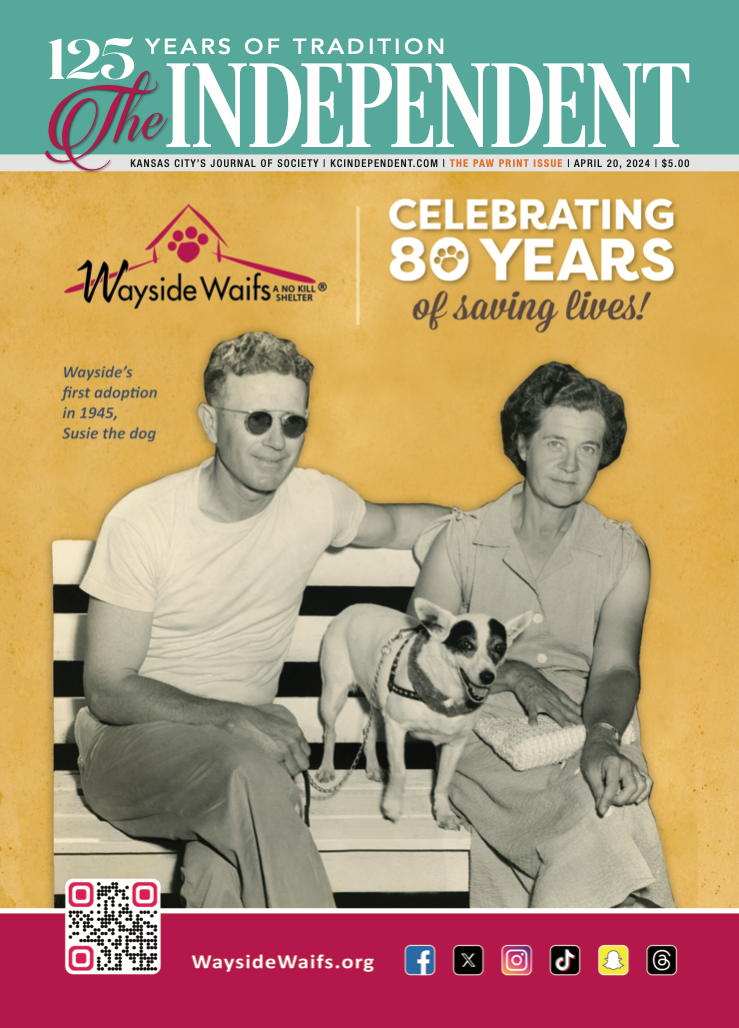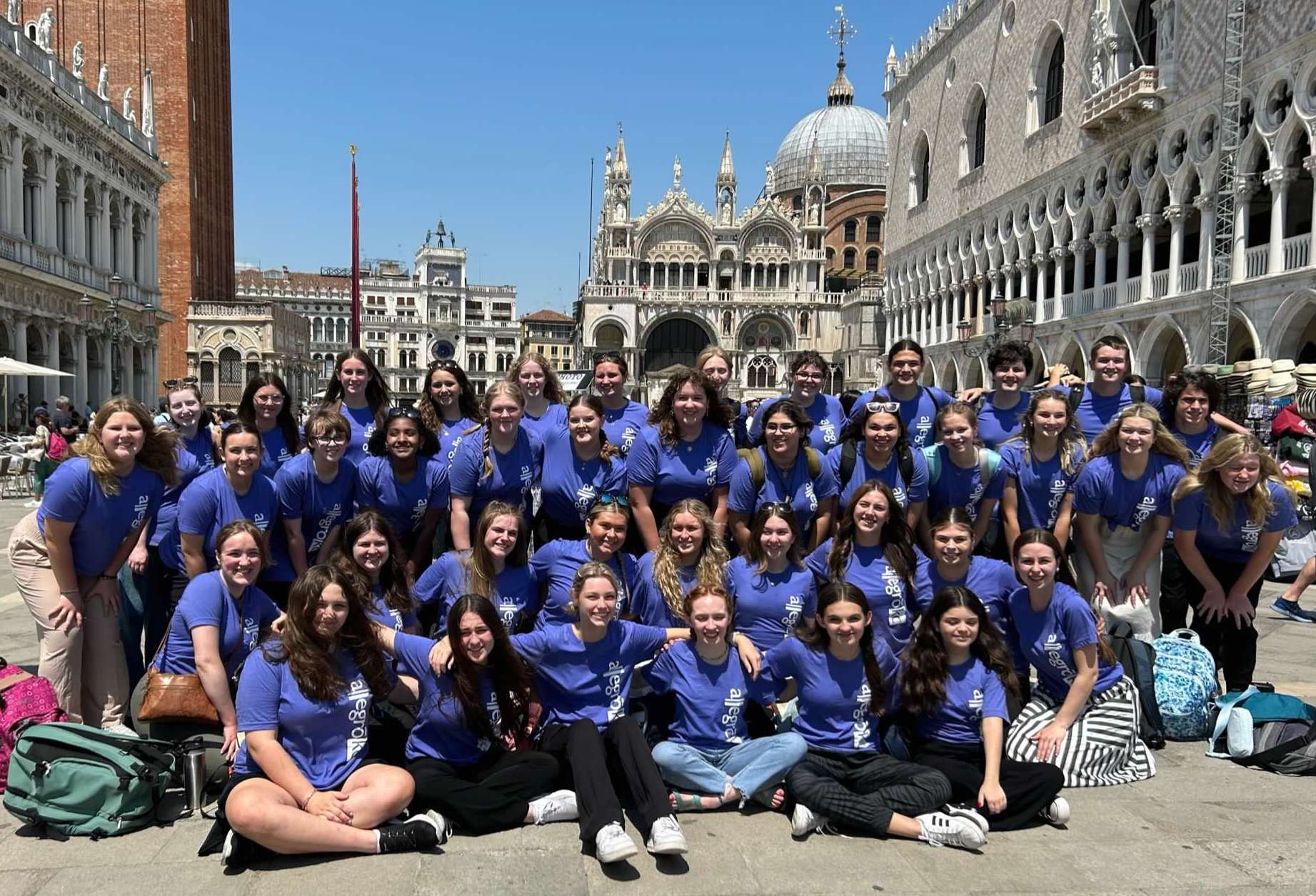ROOM AT THE TOP: Violinist again displays gifts that are winning over the classical world
Stefan Jackiw played a beautiful recital on September 26 at the Folly Theater, confirming once again my ongoing impression that he is destined to lead a career at the very top of the toughly competitive world of classical violin. In fact he is already leading it, and Saturday’s Harriman-Jewell Series recital with pianist Max Levinson showed again the hallmarks of a style that is winning over audiences worldwide: the naturalness of phrasing, the elegant singing tone, the intimate quietness of his soft playing, the subtle array of colors, and the ringing fortissimo that is never harsh. It was the 24-year-old Boston native’s third appearance on the Harriman series.
Nevertheless the first impression at the outset of Beethoven’s Sonata in D major (Op. 12, No. 1), which opened the program, was of an overly precious, almost fussy approach to a piece that usually seems more at home with Classical clarity. The team was more straightforward in the gracefully executed variations, and by the finale it was starting to sound like early Beethoven again. The Copland Sonata showed off Jackiw’s range of color and expression, and the same lean, controlled vibrato he had introduced in the Beethoven. I’ve never enjoyed this discursive piece as much as I’d like to, and after Saturday I still haven’t made up my mind about it.
Jackiw and Levinson began the program’s second half with a work by Polish composer Witold Lutoslawski (1913-1994), which reminded me of how seldom Kansas Citians get to hear the music of this marvelous 20th-century master. (His Concerto for Orchestra is a worthy foil to Bartók’s piece in that genre.) Composed in 1992, the five-minute Subito was Lutoslawski’s last completed work, and it is marked by dark wit, technical savvy and great visceral appeal despite its structural complexity. Subito is Italian for “sudden” and everything is sudden about this piece — from its machine-gun repeated motif for violin (32nd notes!) to its contrasting episodes that range from lush ruminations to headlong drives. The artists pounced on it with catlike aplomb.
The recital culminated in the D-minor Sonata of Johannes Brahms, a piece that local concertgoers have heard a-plenty in recent years. But I certainly was not sorry to hear it again in these artists’ hands, for it was a fairly fresh take on a chestnut that often has a business-as-usual feel. True, the exaggerated violin swells in the opening theme took me aback, and got things off to a dubious start. But the Adagio was utterly gorgeous: It built from quiet vulnerability to hope, then closed with a sort of resignation. (Apparently Jackiw and Levinson like playing the Adagio, as they repeated it as an encore.) Some of the preciousness heard earlier in the program returned in the Un poco presto, but the ferocious finale (Presto agitato) restored our confidence in the sharp pair.
To reach Paul Horsley, performing arts editor, send email to phorsley@sbcglobal.net.
Features
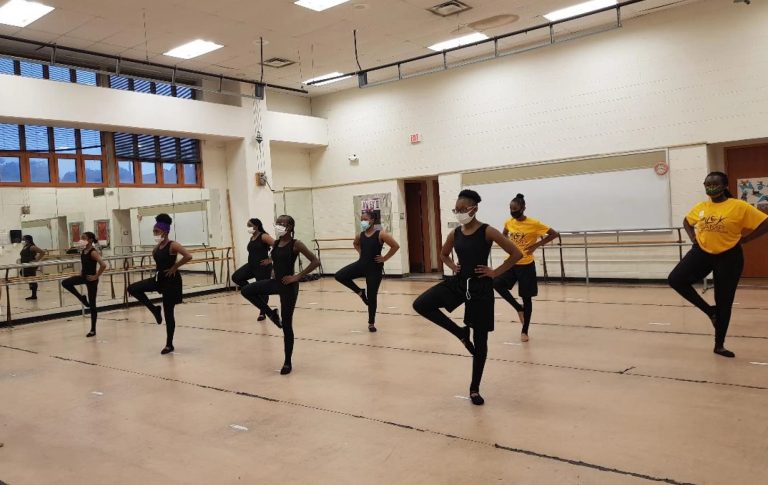
Tyrone Aiken danced prodigiously as a youth, trained at The Ailey School as a young adult, worked as a professional dancer at the height of the New York dance ferment,…
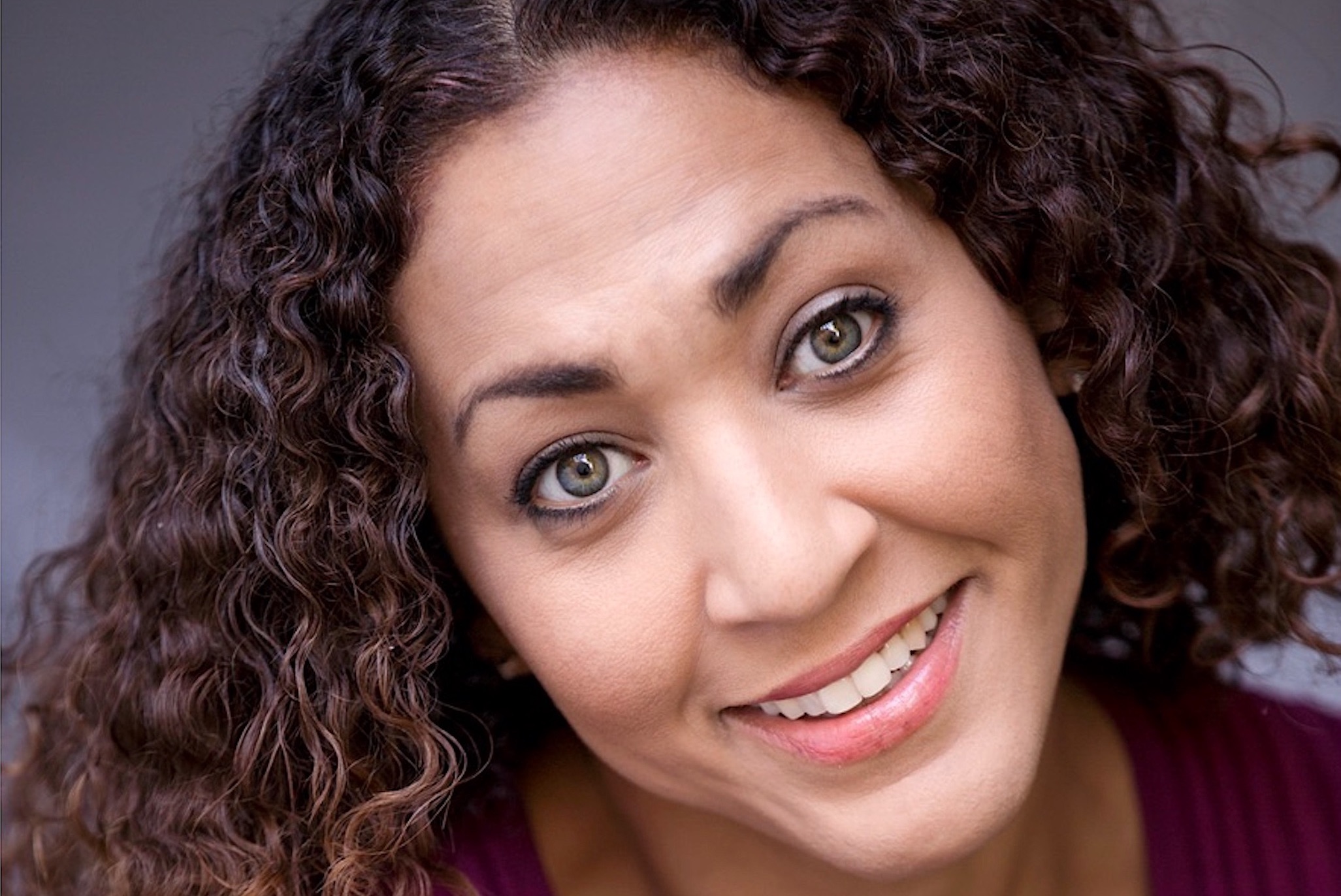
CAROLINE DAHM Dancer, choreographer, producer, master teacher, adjunct dance professor at The UMKC Conservatory, assistant director at Wylliams/Henry Contemporary Dance Company What I love about the Kansas City performing-arts scene: Kansas…
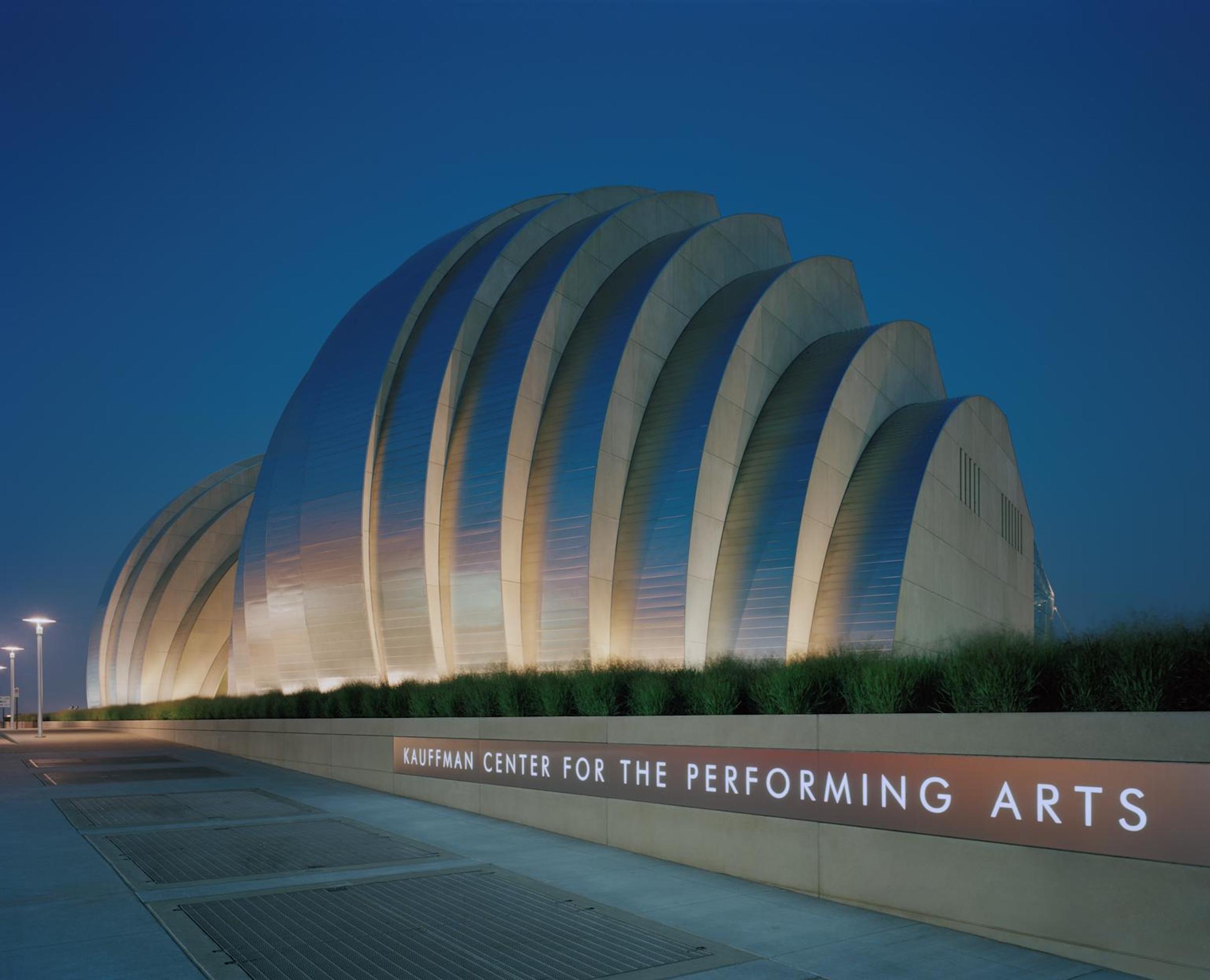
It’s difficult to remember what the Kansas City skyline looked like 20 years ago, before the Kauffman Center for the Performing Arts began to take shape at 16th and Broadway.…

